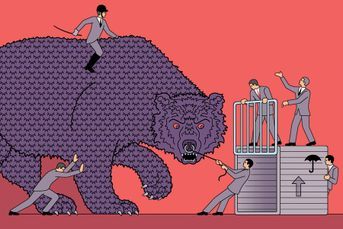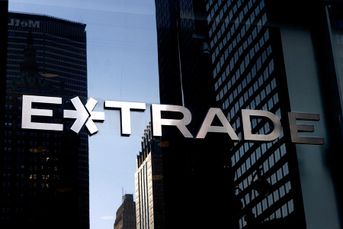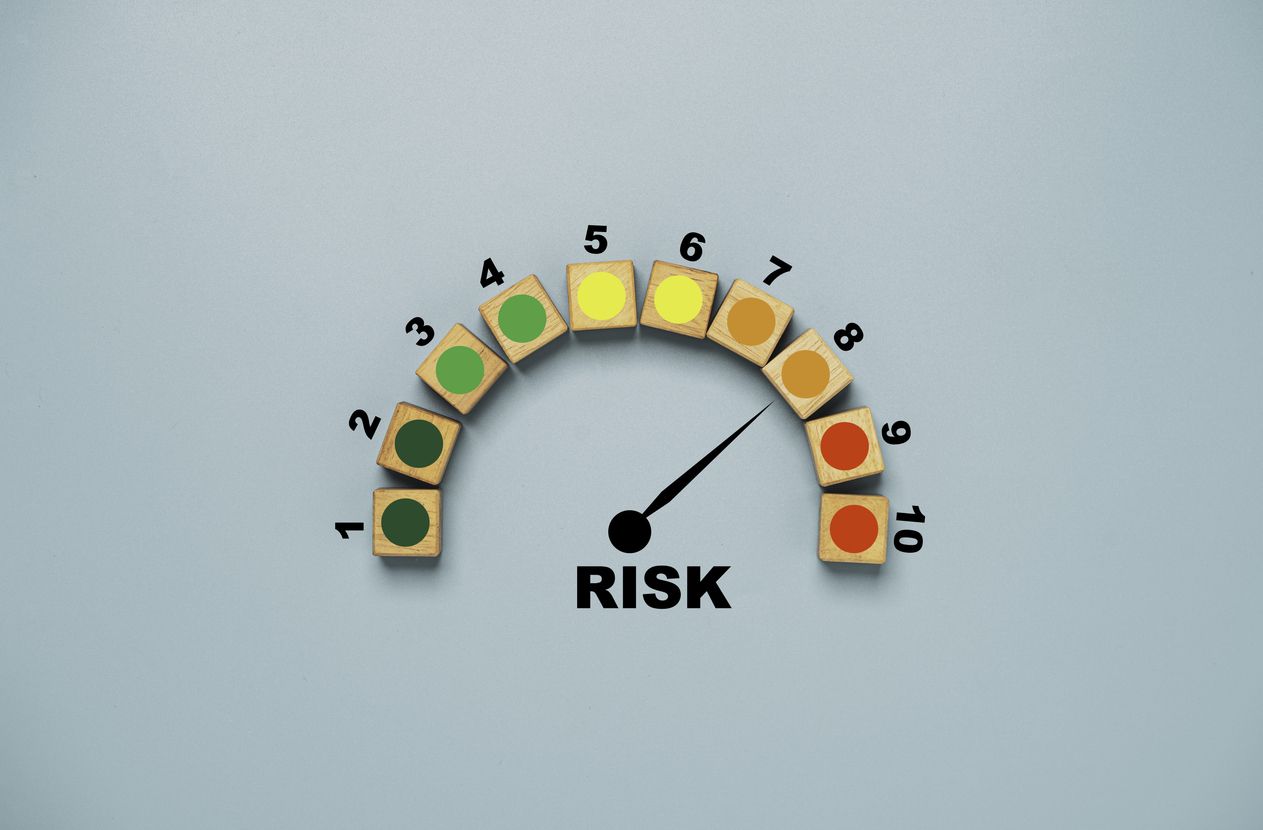Stocks plunge, advisers tell clients to hang tight
Though planners encourage calm, some are preparing investors for a correction.
The Dow Jones Industrial Average plunged 724 points Thursday, and advisers are glad they have prepared clients for a more volatile market.
“I don’t get a lot of calls on days like this,” said David Rae, president of DRM Wealth Management. “I’m always talking about how these things are to be expected.”
Mr. Rae said he regularly reminds clients via blog entries and television appearances about what to do when the market drops.
“It makes my life easier,” he said.
The nearly 3% decline Thursday, sparked by fears of a trade war and worries about Facebook data breaches, was to be expected, given the stock market’s massive rise: 322% since March 2009 and 17.8% in the past 12 months. Nevertheless, the blue-chip index’s recent plunge puts the Dow down more than 10% from its late January high, and into official correction territory.
The market “was so non-volatility for so long, and historically long periods of low volatility lead to long periods of high volatility,” said Paul Schatz, president of Heritage Capital. “Once the volatility genie came out of the bottle in early February, you had to expect more volatility. But the volatility is moving in both directions.”
Mark Bass, financial planner with Pennington, Bass & Associates, said he had no calls about the market Thursday.
“Not a one,” he said. “We’ve been saying for a year or more that we’d like to see the market drop 15%. When people ask, ‘What should we do?’ we say that we’re not going to do a thing but watch it go back up.”
Advisers agree that this year’s market is dramatically different from last year’s, which had less volatility than a napping bunny.
“This isn’t the new normal, it’s the old normal back again,” Mr. Schatz said. “The markets should be moving 1% a few times per week, up or down, although we all prefer up.”
And, they say, investors — and advisers — should be prepared for a broader correction.
“You don’t want to be selling the rosy returns from last year,” Mr. Rae said. “If you take credit for all the up markets, you take the blame for all the down markets.”
Mr. Bass noted that, while the start of corrections always vary, the underlying cause is usually the same: an overvalued market.
“You can have something that elicits an emotional reaction that begins a decline, but the fundamentals determine how long a decline continues,” he said.
In short, asking why a decline happens might not be the best use of your time.
“The markets don’t care about Trump’s musical chairs White House,” Mr. Schatz said. “Nobody really cares about Facebook.
(More: 10 low-tech stock funds beating the S&P 500)
“You have the Fed conducting a grand experiment of raising rates and cutting its balance sheet while increasing borrowing needs,” he said. “Those and Trump’s tariffs are moving us toward recession. We will be in recession by mid-2019 or mid-2020.”
And sometimes, clients don’t hold their advisers responsible.
“My client base skews liberal,” Mr. Rae said. “They blame Trump more than me.”
Learn more about reprints and licensing for this article.








